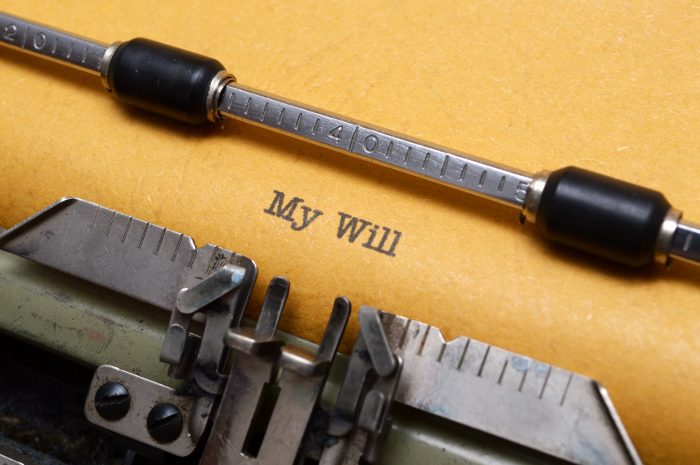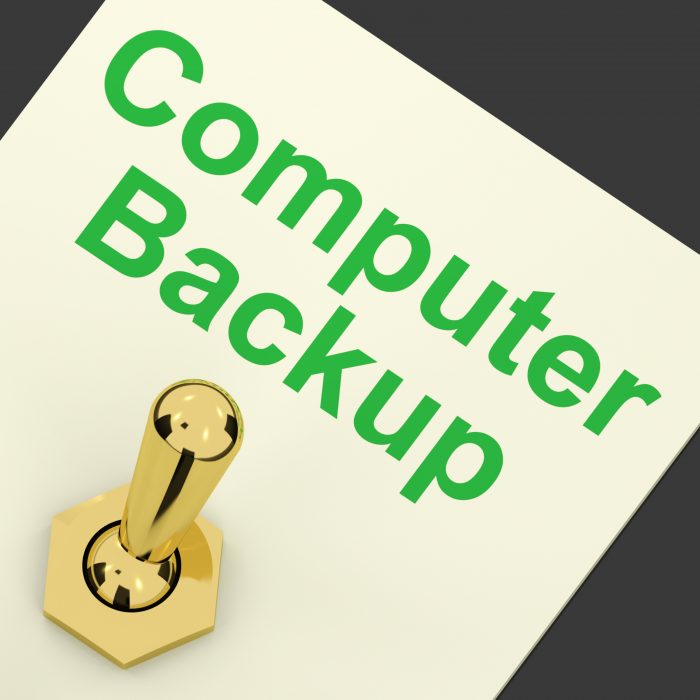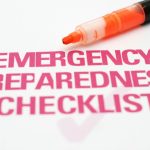Protect important documents to keep them safe.  Passports, birth certificates, wills, insurance papers, old photographs, in today’s uncertain world, it is imperative that we protect our important documents from disaster. Although we hope that nothing will happen, it is a good idea to be prepared “just in case” of an emergency or crisis. And it might not be easy to replace these documents after disaster has struck. Besides, some things – like photos and keepsakes – can never be replaced at all. Here are some ways to protect important documents.
Passports, birth certificates, wills, insurance papers, old photographs, in today’s uncertain world, it is imperative that we protect our important documents from disaster. Although we hope that nothing will happen, it is a good idea to be prepared “just in case” of an emergency or crisis. And it might not be easy to replace these documents after disaster has struck. Besides, some things – like photos and keepsakes – can never be replaced at all. Here are some ways to protect important documents.
Protect Important Documents
Get A Fire Safe
A good fire safe is your first line of defense to protect important documents. Invest in a quality safe that is fire rated. You can get a fairly small safe to keep a few documents stashed away. Or you can invest in a larger safe to keep all of your memorabilia, photos, keepsakes, and valuables. Make sure that you and your spouse know where the safe is and have a key to open it.
Get A Bank Deposit Box
Similarly, a bank deposit box is a secure box kept in a locked vault at the bank. Use it to store your important documents, including wills, mortgages, financial papers. Some banks provide the use of a safe deposit box for free when you maintain an account at the bank. If you have it, use it. Otherwise, a bank deposit box can be rented for a small fee.
Make Paper Copies
Another way to protect important documents is to simply make a copy. With a copy, it is easier to prove ownership and to get replacement documents. To avoid identity theft or other loss, every care should be taken to protect the copies just as well as the original. Keep the copies locked up and preferably in an offsite location like the bank deposit box.
Make Digital Copies
Similarly, in today’s digital world, it is okay to go ahead and scan the documents or take pictures of them with your phone. Just as with paper copies, every precaution should be made to protect the documents from loss, theft or disaster. Store digital copies on a thumb drive and keep it safely in the fire safe or bank deposit box. Or store digital copies on a secure online server in the cloud. Some servers are free and store quite a lot of information. Documents can be accessed from anywhere, at any time, which makes it easy to email them to government officials or financial agents for replacement documents. Finally, if you have copies of documents on your computer, be sure to back up your computer frequently to an external hard drive or to the cloud.
Learning how to protect your important documents is just the beginning. Be sure to take some time this week to sort through your most important documents and get your paperwork in order. Make copies, take pictures, and/or scan them for safe keeping.
Review often
In conclusion, be sure to review your documents every 6 months just to make sure that they are current and up to date. Since everything is organized, it won’t take long to update a few documents. The effort to protect your important documents now will give you peace of mind and security knowing that you are prepared for the future – be it good or bad.
For more information on preparing for emergencies, see 7 Emergency Plan Tips To Help You Cope with any Disaster





Leave a Reply